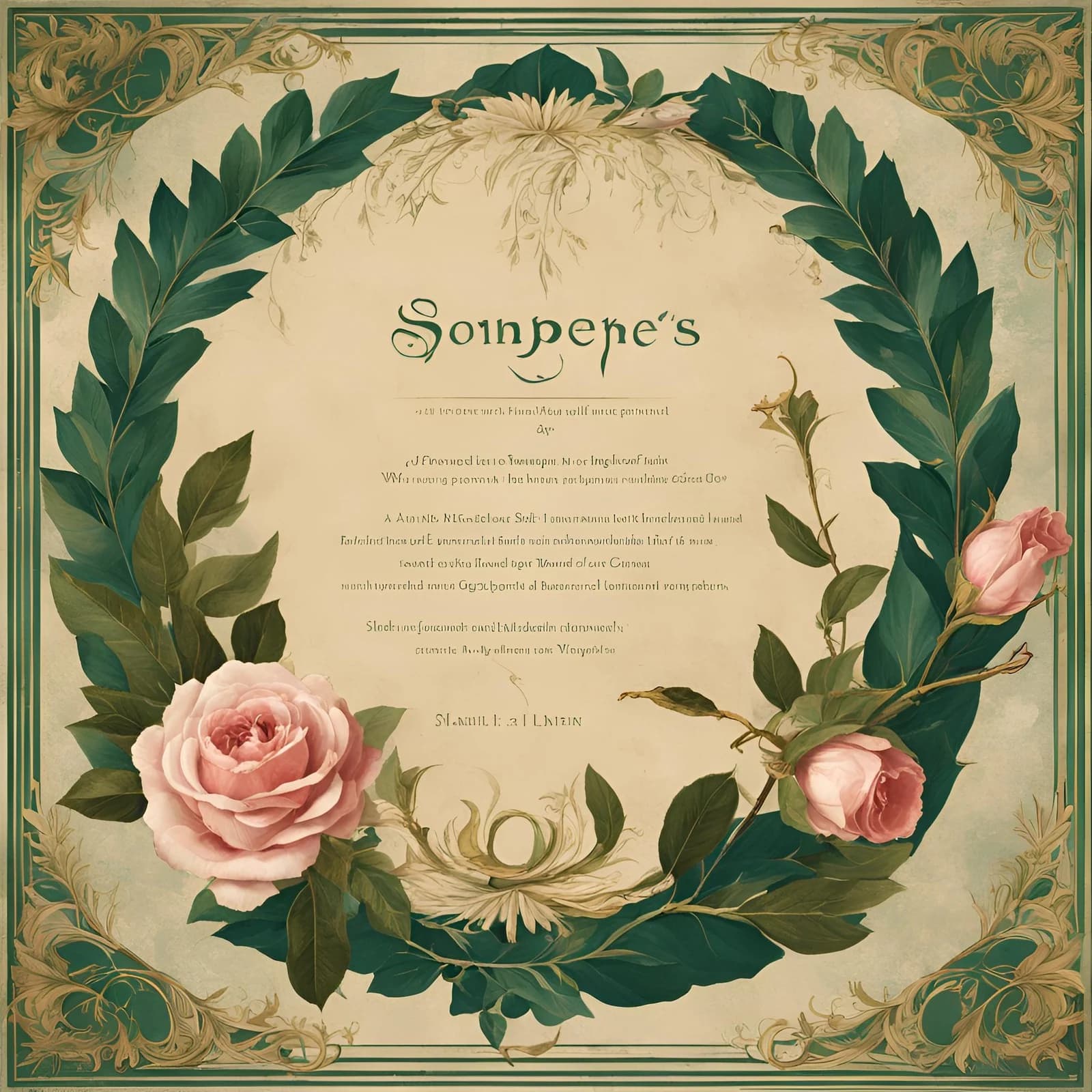莎士比亚十四行诗第149首 | 莎士比亚十四行诗
更新时间:1/19/2025, 12:32:34 PM

原文
Canst thou, O cruel, say I love thee not, When I against myself with thee partake? Do I not think on thee when I forgot Am of myself, all tyrant for thy sake? Who hateth thee that I do call my friend? On whom frown’st thou that I do fawn upon? Nay, if thou lour’st on me, do I not spend Revenge upon myself with present moan? What merit do I in myself respect That is so proud thy service to despise, When all my best doth worship thy defect, Commanded by the motion of thine eyes? But, love, hate on, for now I know thy mind; Those that can see thou lov’st, and I am blind.
译文
冷酷的人啊!你怎能说我不爱恋你?
事实上我跟你一起反对了我自己!
你这个暴君啊!谁说我不在想念你?
事实上我是为了你忘掉了我自己!
有人厌恶你,我可曾唤他作朋友?
有人你讨厌,我可曾去巴结,奉承?
不但如此,你跟我生气的时候,
我哪次不立刻对自己叹息、痛恨?
如今,被你那流盼的眼睛所统治,
我的美德都崇拜着你的缺陷,
我还能尊重自己的什么好品质,
竟敢于不屑侍奉你,如此傲慢?
但是爱,厌恶吧,我懂了你的心思;
你爱能看透你的人,而我是瞎子。
注释
女郎怀疑诗人对她的爱,诗人反复申述他的确爱她,诗人甚至因为她厌恶他而站在她的立场来反对自己,借以博得她的欢心。但是她爱着一些能看出她的罪过的人们而厌恶着诗人,因为诗人对她的罪过是盲目的。——第七、八行:对于女郎所厌恶的人,诗人也起来反对,因此假使女郎厌恶诗人,诗人就起来反对自己。第十行:诗人用一切至善的美德来崇拜有缺陷的女郎。第十四行:“能看透”指能看出女郎的罪过。